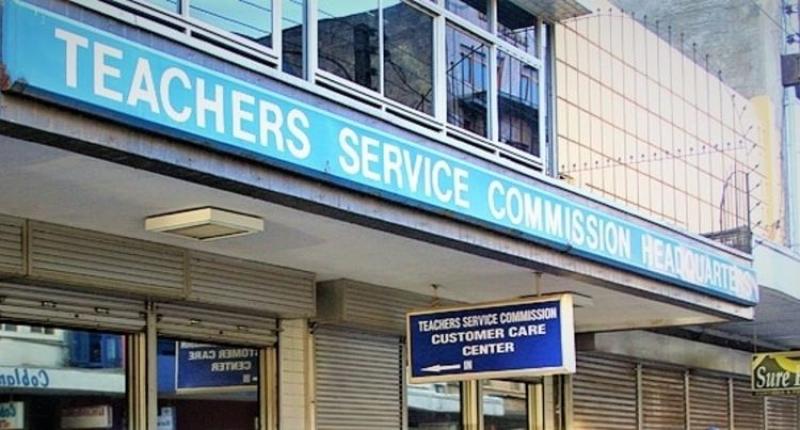×
The Standard e-Paper
Join Thousands Daily

Teachers Service Commission (TSC) has ruffled feathers with its plan to scrap the Bachelor of Education (B.Ed) programme which has trained thousands of secondary school teachers over the years.
Under the plan, TSC wants prospective teachers to first for either Bachelor of Arts or Bachelor of Science programme for three years and then for specialised training in teaching.







